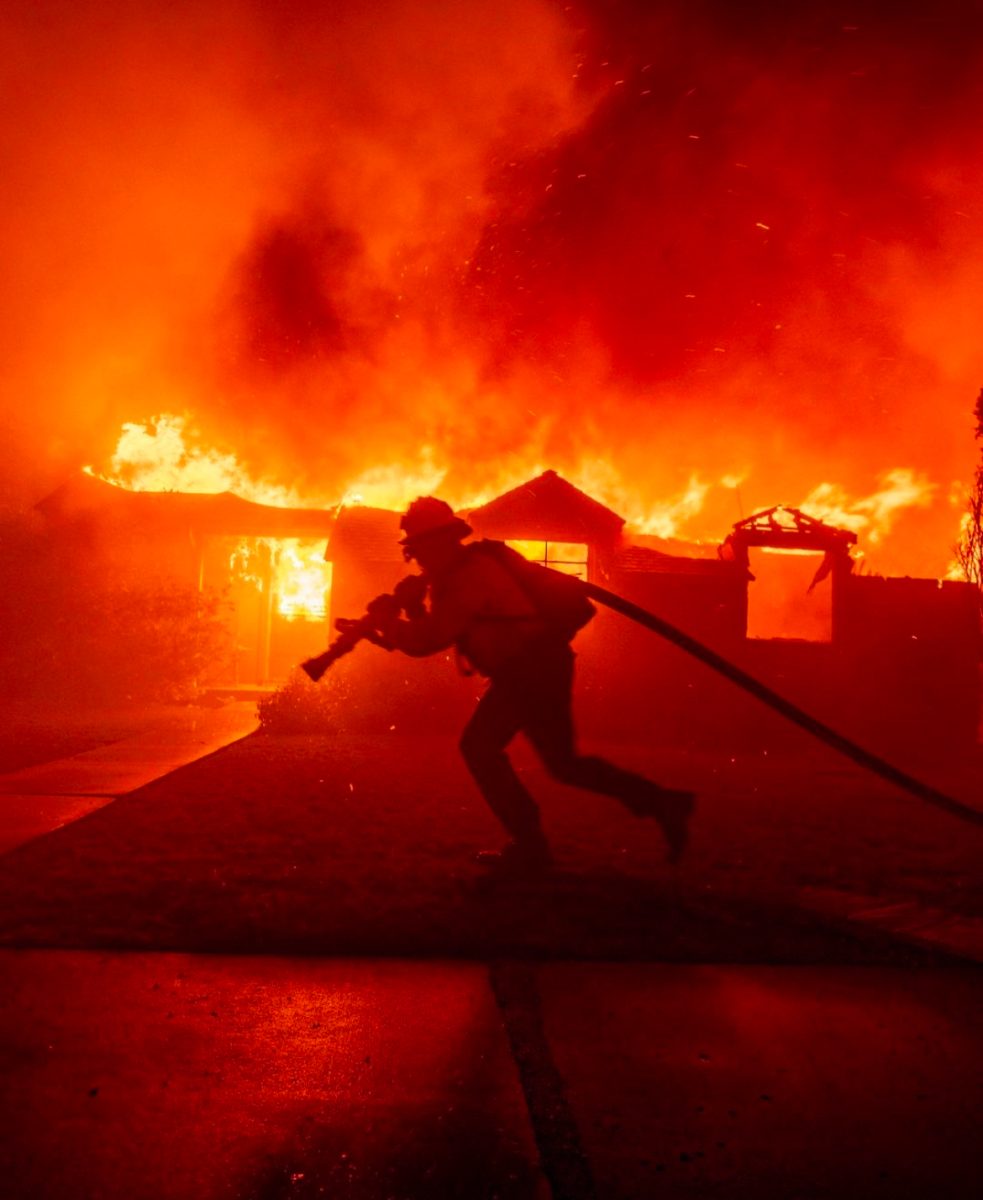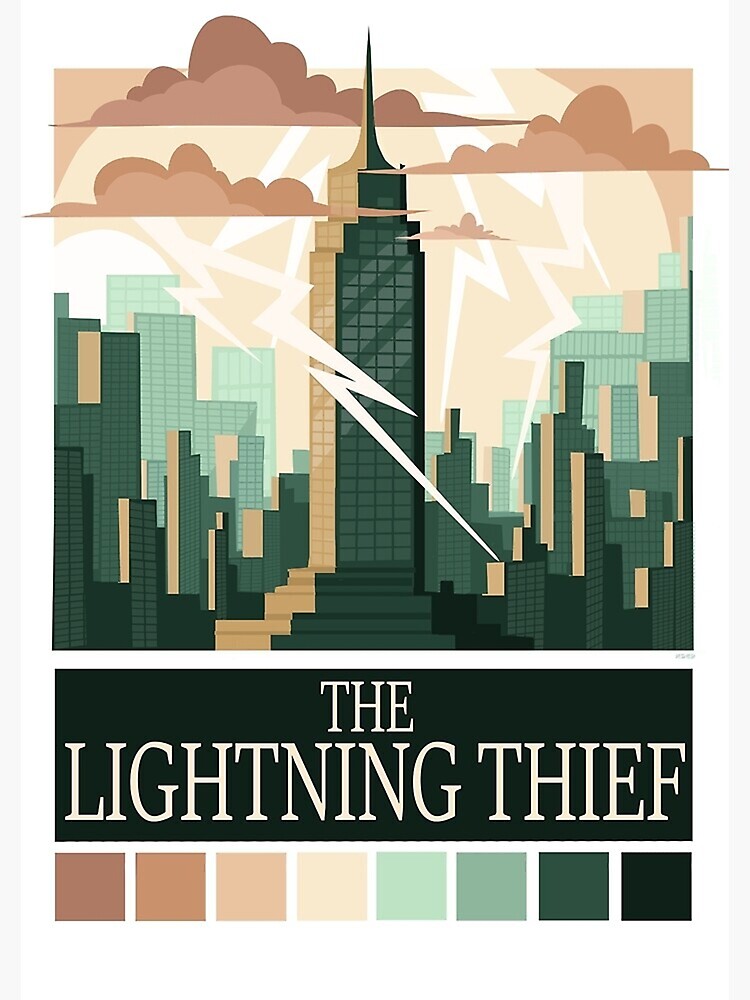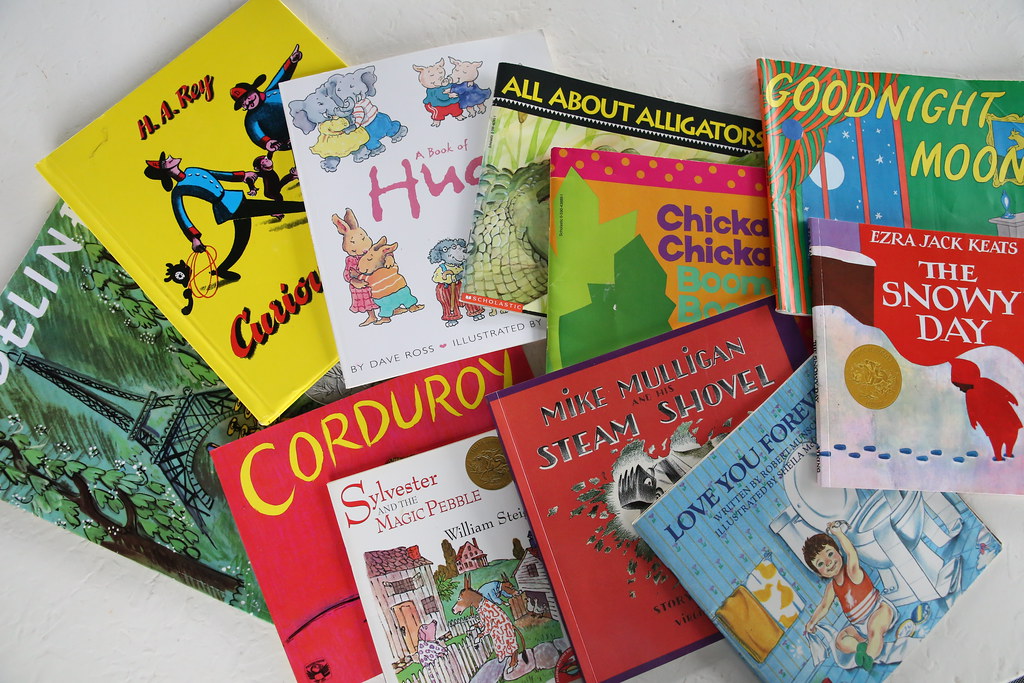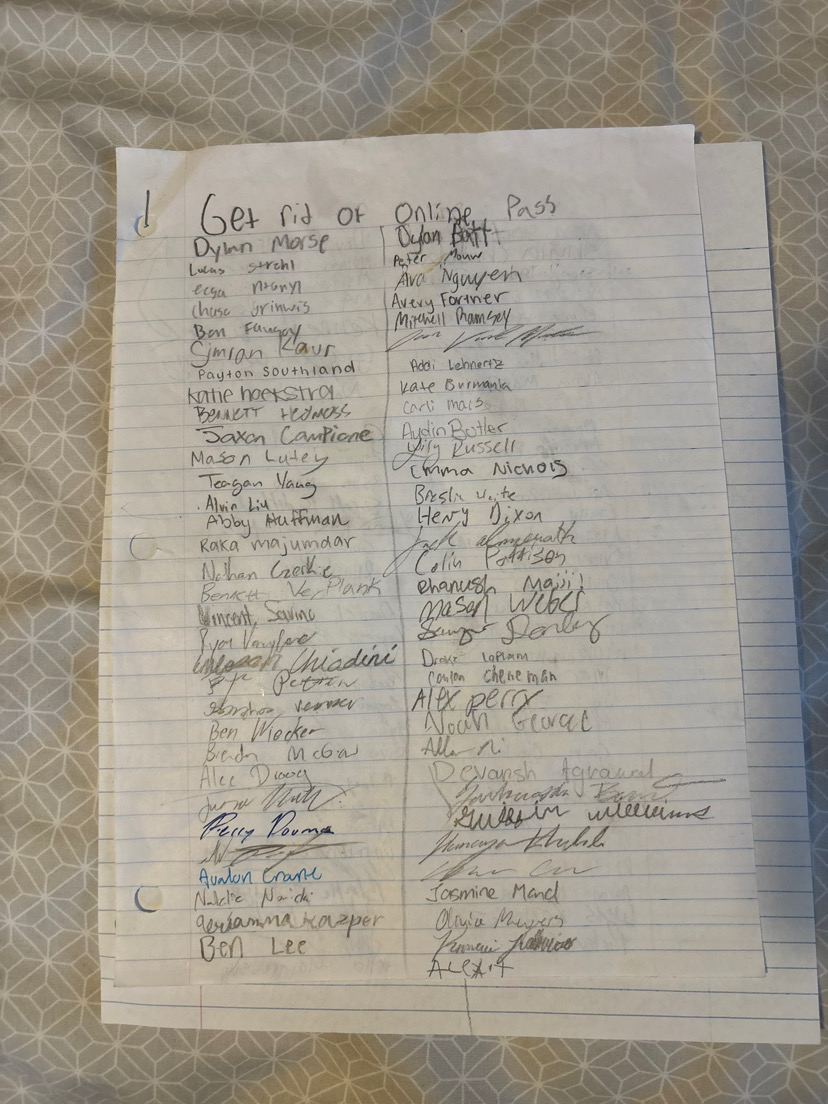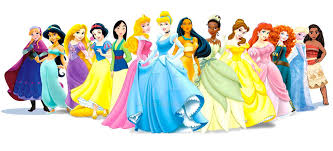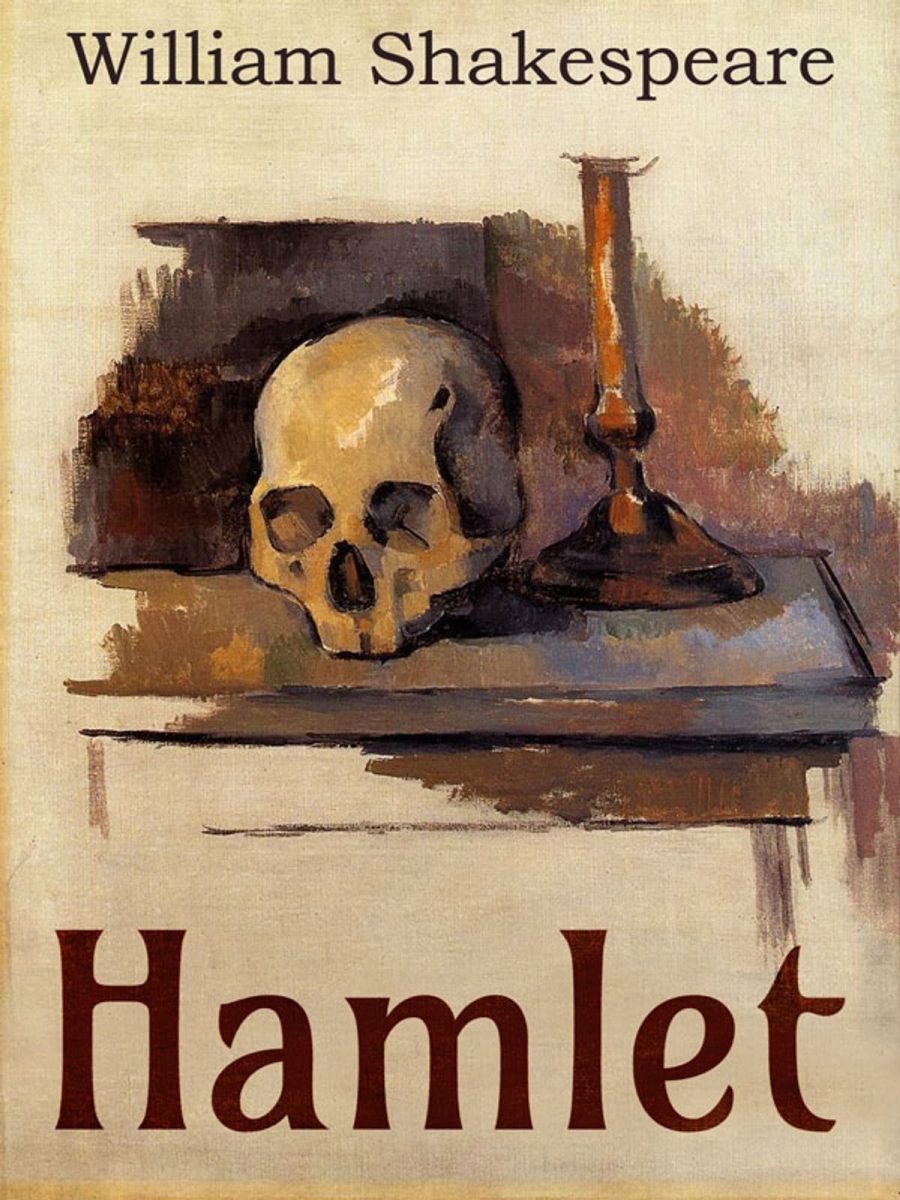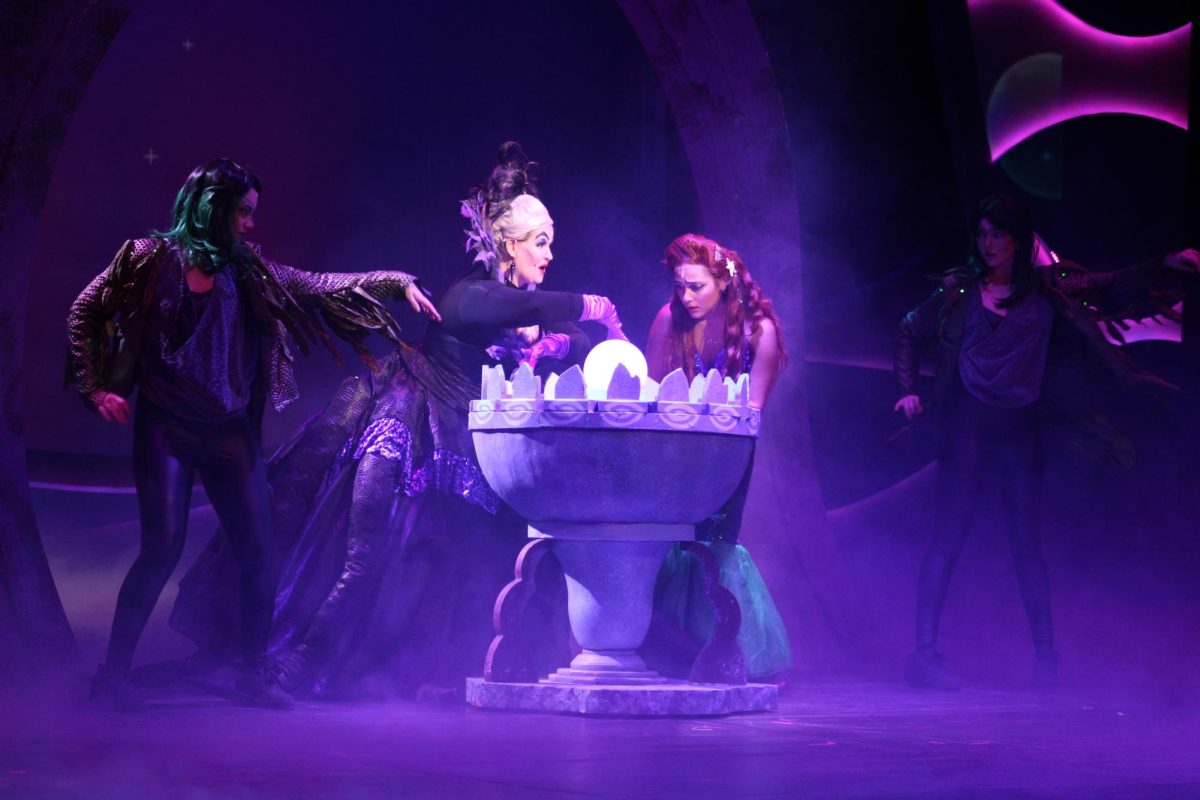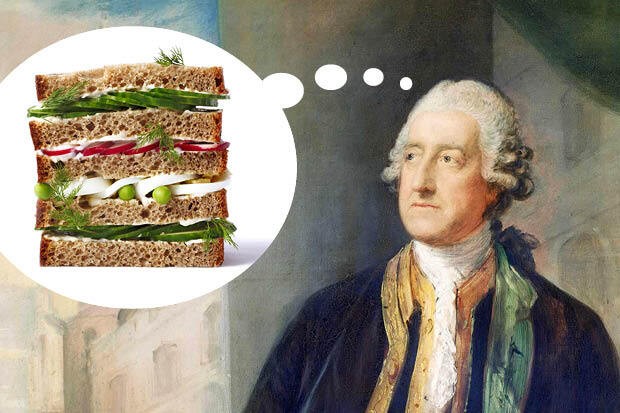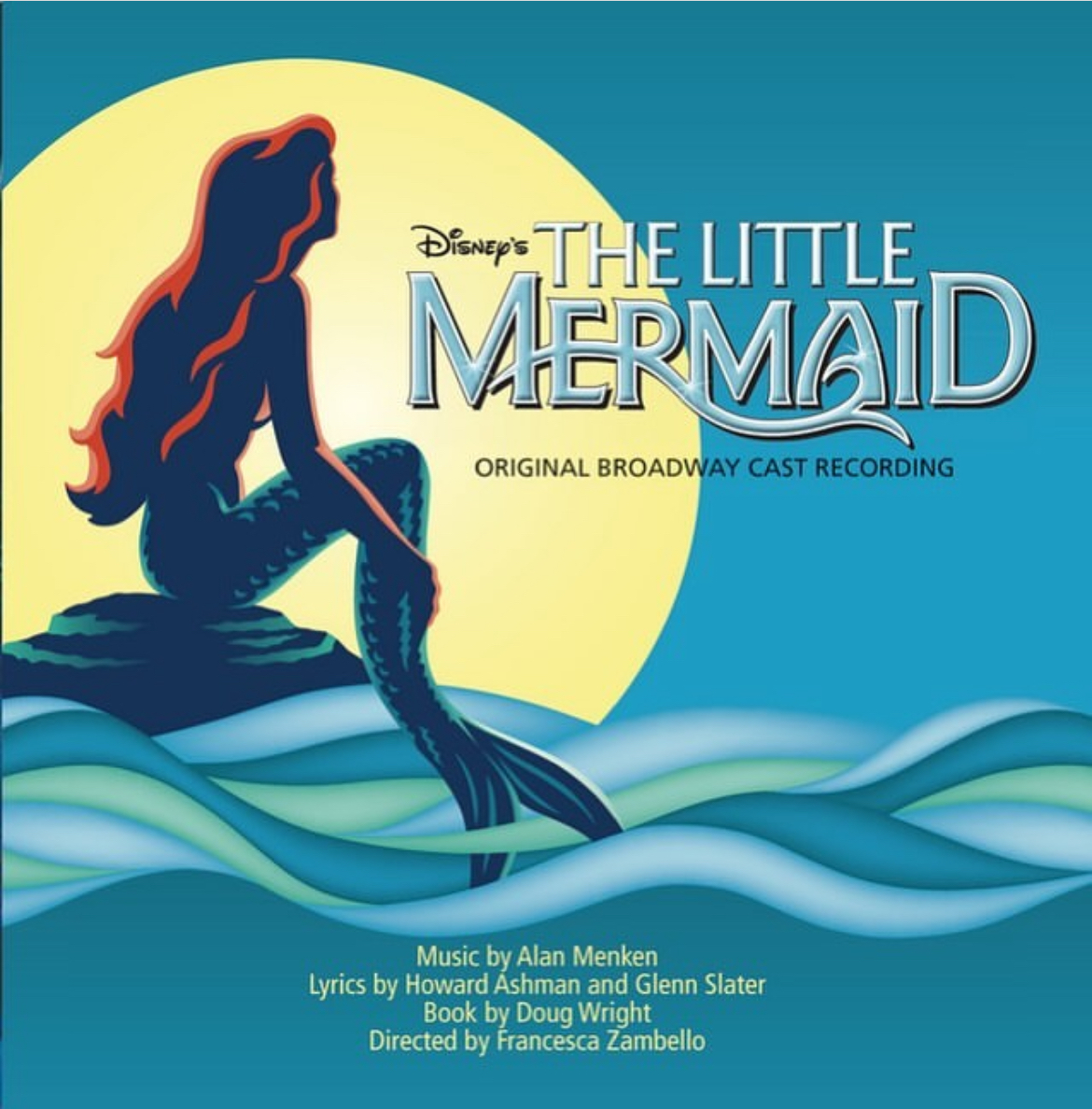While many Shakespeare references are known today, not everyone has taken the time to sit down and truly read or watch the plays. Prior to high school English classes, I personally had never even thought about reading a Shakespeare play, however, over the course of the years, I’ve come to acquire my own mini Shakespeare library at home.
Beginning in 9th grade, Romeo and Juliet was fully introduced to me. Despite knowing the plot and major components of the play, I still remained unfamiliar with everything in between. While back then I was interested in that particular play, looking back on it, it wasn’t the best play Shakespeare wrote. After now having read Romeo and Juliet, Macbeth, and Hamlet I feel like I have a little more of an understanding as to why Shakespeare remains so fundamental in our lives, regardless of whether we realize it or not.
After spending the past few months reading Hamlet, our AP Literature and Composition class just recently finished it (I.E. yesterday). I’ve certainly had enough time to digest the contents of the book, and I’ve been left feeling both underwhelmed at the ending, but also impressed with the literary elements in it — a phrase I thought I would never say.
Spoilers lie ahead, so take warning now.
The play begins by laying a backstory of events prior to the beginning of Act I. King Hamlet (Prince Hamlet’s father) was just recently found dead in his garden. Shortly after the burial, Hamlet’s uncle, Claudius, married Hamlet’s mother, Gertrude. Does that seem like a strange arrangement to you too? First, the king dies, and right after his burial, his brother and wife get married. Suspicious.
Hamlet finds this suspicious too, especially after he’s visited by a ghost claiming to be his father, who tells Hamlet that Claudius killed him in the gardens by poisoning him. The late king asks Hamlet to avenge him by killing Claudius.
Hamlet then develops an elaborate plot to act as though he is crazy in order to ensure he can sneak around to gain information while looking silly without anyone drawing suspicion. However, in classic Shakespearean ways, his plan goes horribly wrong.
First, he fails to kill Claudius despite having several open opportunities, then he accidentally kills his lover’s (Ophelia) father, Polonius, by stabbing him, then Hamlet is banished to England, while he’s gone Ophelia goes crazy before drowning, and finally, Hamlet returns to Denmark, resulting in the death of every major character in the play (except Horatio, Hamlet’s dear, loyal friend).
This play is the longest one Shakespeare wrote, and it’s not hard to see how. The play continuously circles around an idea of action versus inaction, causing some parts of the play to seem slow, or almost repetitive. From a reader’s standpoint, the events in the play were both easily predictable, yet also completely surprising as well. Even though I knew all of the characters died in the end, I was still shocked to see it happen; especially in what a quick, and disorganized way it all transpired.
However, from a literary perspective, I can understand the elements and point of writing the play in such a way. It gets at the human notion of overthinking and stalling from taking action in the face of conflict. Repeatedly we see Hamlet face internal conflict as he considers his morals, soul, and actions throughout the play.
Personally, I would not read this book again, however, I would watch the movie. I think seeing it acted out really adds a good element to it, allowing the audience to see it portrayed how Shakespeare intended it to be. While I would not read this for personal enjoyment, if you need a play that is popular, will help expand your literary knowledge, and expose you to new literary elements, then check out this play! It certainly has enough twists and turns to keep you engaged throughout.

